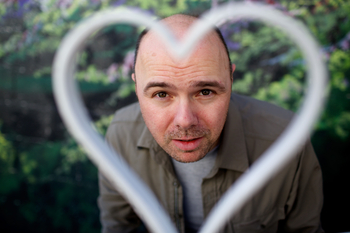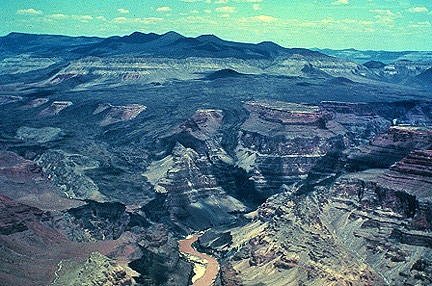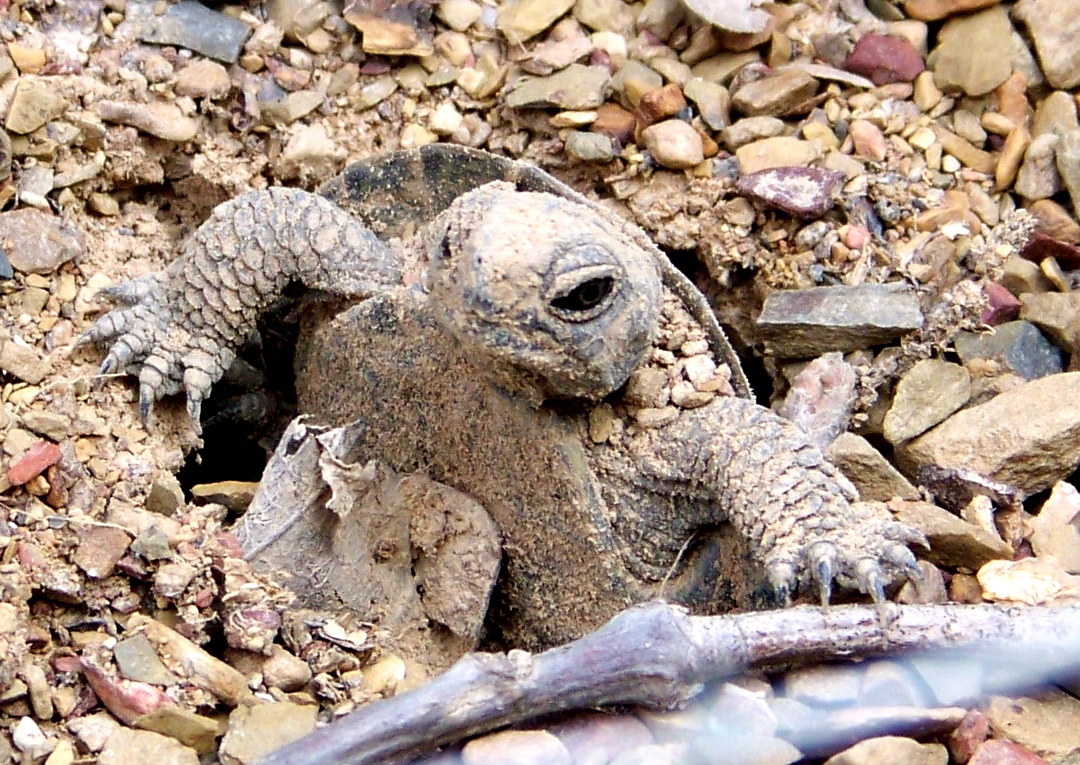A new show has appeared on American TV, “The Moaning of Life.” I haven’t seen it, but that about describes how many people view the age-old question. Most people have given up on life, much less answering the question of the meaning of life.
 The enthusiasm for the advancement of knowledge has been overwhelmed by the ennui of the known. The discoveries of science have become ho-hum to nearly everyone except scientists.
The enthusiasm for the advancement of knowledge has been overwhelmed by the ennui of the known. The discoveries of science have become ho-hum to nearly everyone except scientists.
Climate change, habitat destruction and mass extinction of the creatures with which we share this planet are accelerating, with no adequate response from nations and international institutions. Russian and NATO troops are massing on the borders of a failed nation-state, and the world slithers toward another war, even world war.
Young people in the West and all over the world are giving up on the hope for a better future, materially and non-materially. Yet progressives still cling to the illusion of progress, and conservatives still try to conserve values and verities that died long ago.
The meaninglessness, darkness and destructiveness of the present culture and world make discovering the meaning of life, for the first time in human history, a matter of survival.
The meaning of life is life itself. And the capacity of the human brain to be, not just aware but inseparable from creation, love and death (which are all one movement) is the spiritual potential that evolution, on its random road, has infused us.
The meaning of life can only be seen and felt with the complete quieting of the mind-as-thought. Then the mind of God, for lack of a better term, is.
Overhanging the gorge are great angular outcroppings of volcanic rock—solid and sharp edged protrusions from gently sloping grasslands behind them. Many have huge slabs balanced on top of them, as if a giant stonemason had placed them there.
Other formations, with deep fissures where they meet the canyon wall, sit vertically in precarious positions, awaiting the next major earthquake to send them tumbling into the stream below.
Perched near the edge of the precipice under one of the plentiful oaks in the area, I can hear the rushing of the stream at the bottom of the glistening gorge, stretching hundreds of meters down and away.
Directly across, beyond the narrow gorge within the sanctuary of the large, fan-shaped canyon, are sheer, majestic cliffs, rising hundreds of meters into a cloud-scudded sky.
Big buzzards, masters of the air in their own right, appear as lumbering leviathans next to smaller, brown-winged hawks that follow in their wake, screeching as they wheel and dive into the trees at the base of the cliffs.
Psychological time ends, and the mind, anchored in the present, ranges over the past. The people who once lived at this beautiful place come to mind.
 Machoopda Maidu Native Americans loved this canyon, and revered it as sacred. They were wiped out, driven off, and assimilated into a dominant culture that thought only in terms of extraction from the land.
Machoopda Maidu Native Americans loved this canyon, and revered it as sacred. They were wiped out, driven off, and assimilated into a dominant culture that thought only in terms of extraction from the land.
The mind in meditation is like a laser effortlessly boring through all the strata accumulated in content-consciousness—not only from one’s own life, but also from the lives of previous generations. Through the opening the light of the cosmos pours into one, and one is part of, however briefly, the infinite intelligence beyond the human mind.
Even for adept meditators, indeed even ‘enlightened’ people, the meditative state is not a constant, but a quality of consciousness that one has to ignite each day by making space for effortlessly gathering attention. Nature is crucial to the process, though a mindful, silent walk through a park in the middle of a big city, followed by a half hour’s sitting in one’s residence with the light flooding in as the bustle goes on below, can be sufficient to generate a radical shift in consciousness.
Our consciousness is based on time. Not chronological time, but psychological time —becoming this or becoming that. We’re nearly always coming from the past or looking forward to the future. To some degree looking forward to things is healthy, but when time-based consciousness is all one knows, one is a slave to becoming, and that prevents one from growing into a human being.
Time is obviously necessary for carrying out tasks, as well as for evolution, but are time and evolution involved in radical change and revolution in consciousness? No, time is antithetical to transmutation and revolution. Spiritual growth only occurs when all notions of time end.
It’s therefore a confusion of the highest order to talk about ‘conscious evolution.’ When we are really changing, we aren’t conscious of it until after the fact, and then only fleetingly, like looking in a rear view mirror while driving at high speed.
If a shift in consciousness concurs spontaneously, does one even know when psychological time ends? Everything feels different when the mind no longer looks forward or back and effortlessly remains with what is.
The state of insight of the mind in meditation is not ‘supernatural’ or ‘mystical’ anymore than medieval people would have thought the light bulb and airplane miraculous and godlike.
Martin LeFevre

